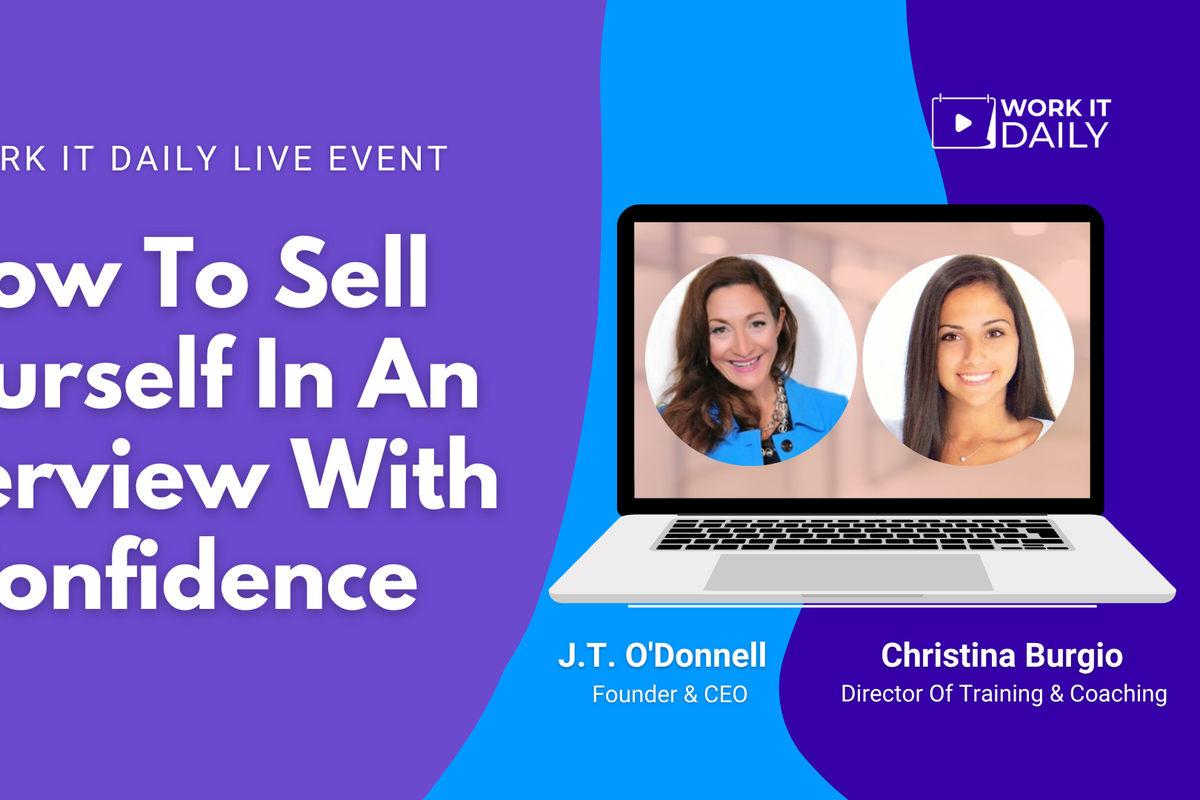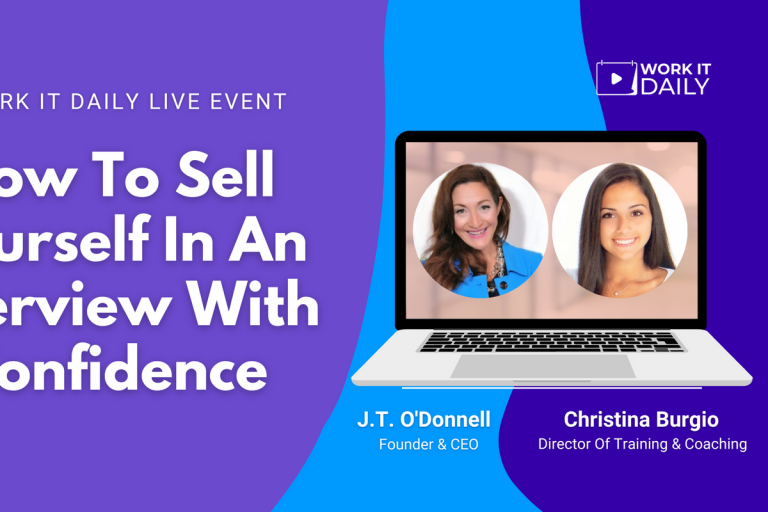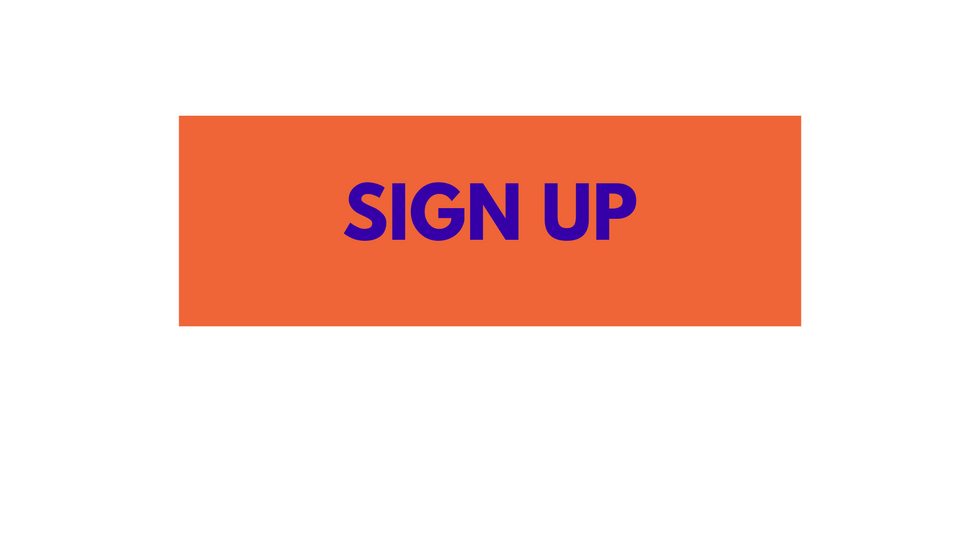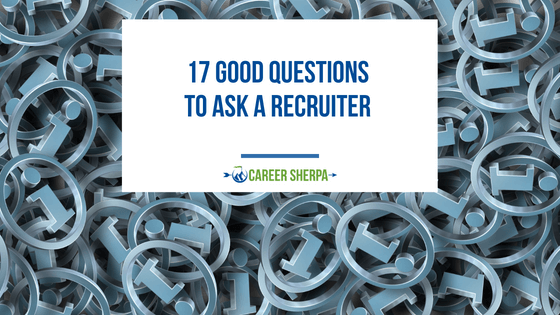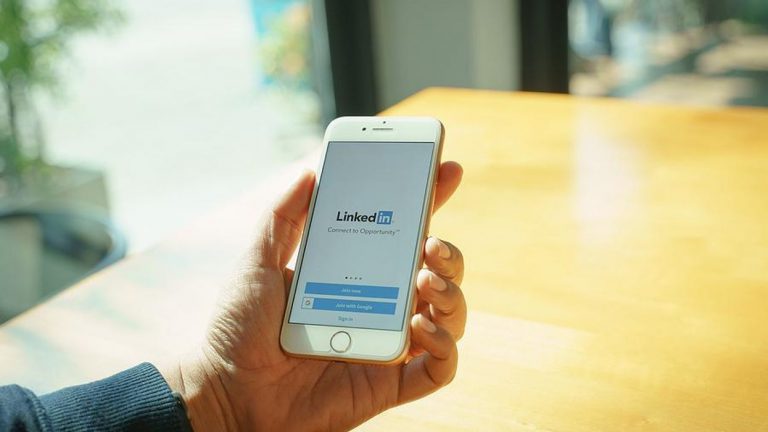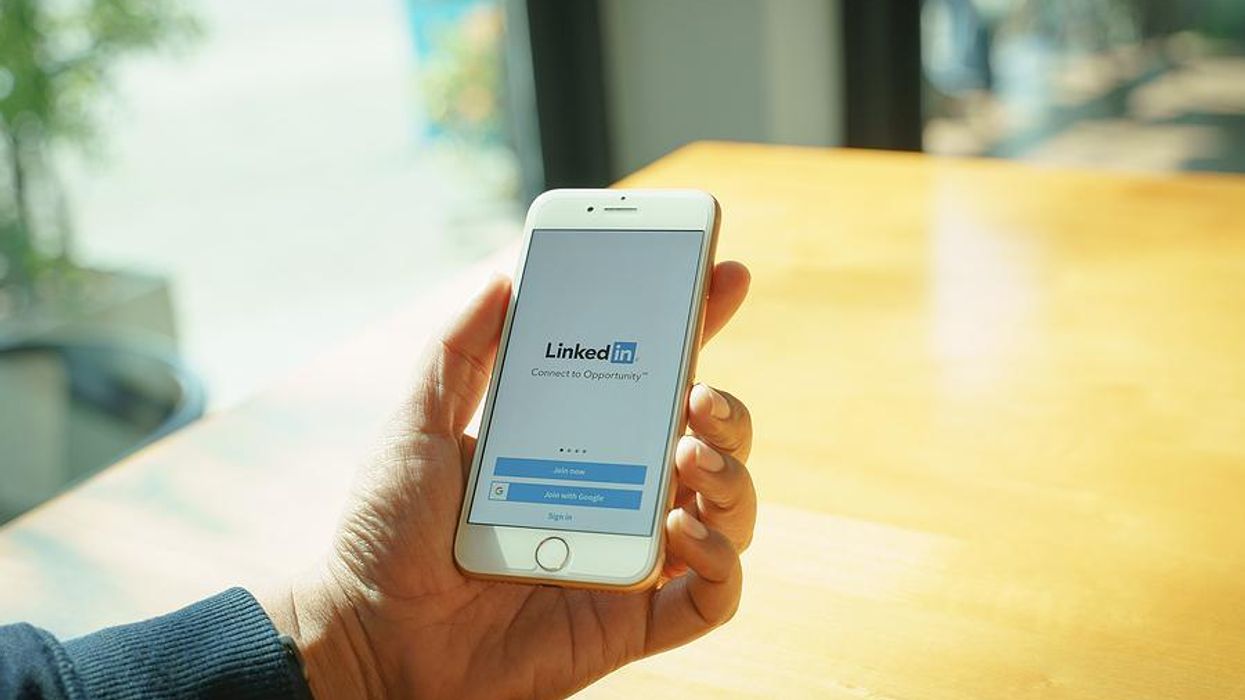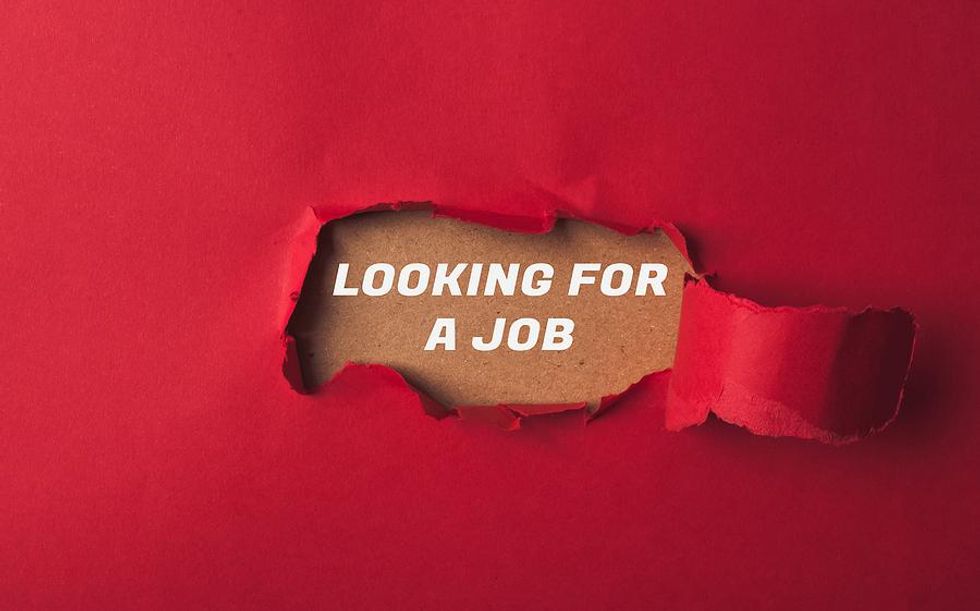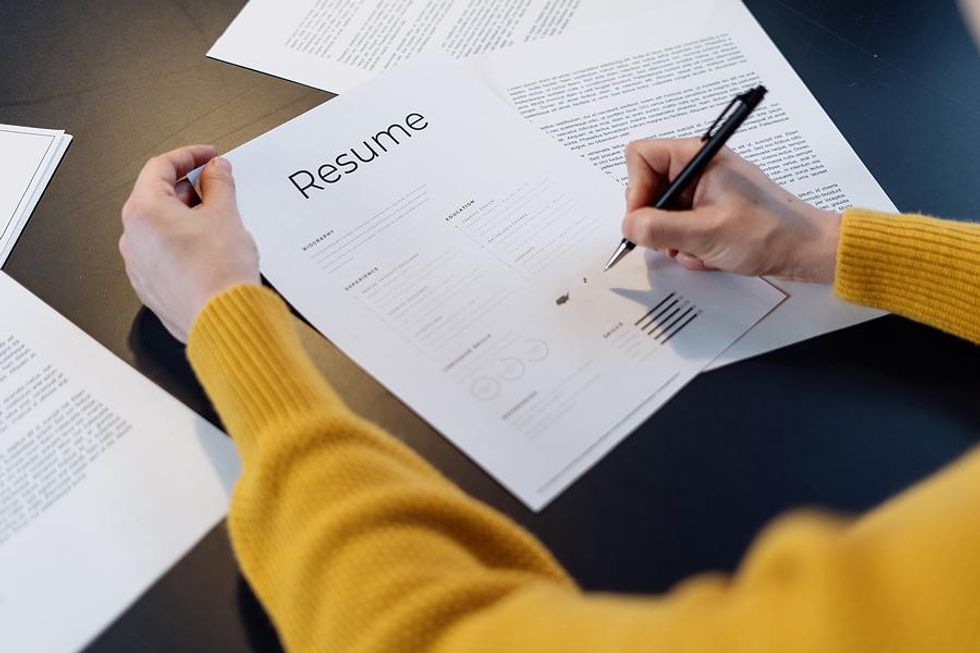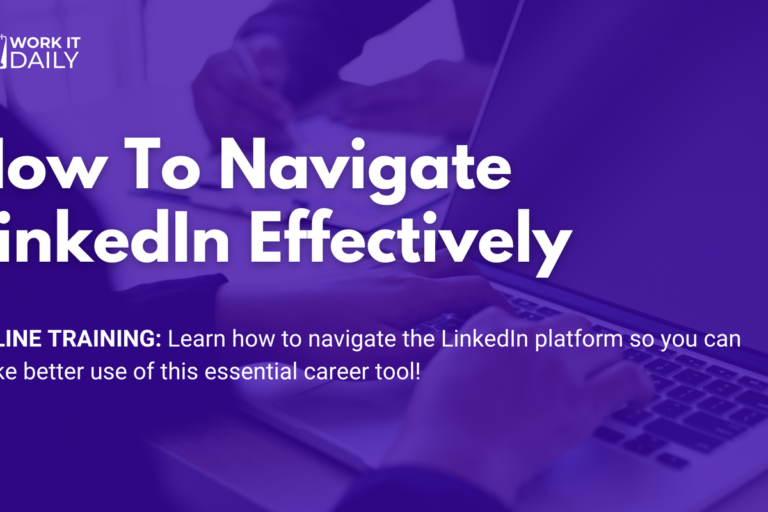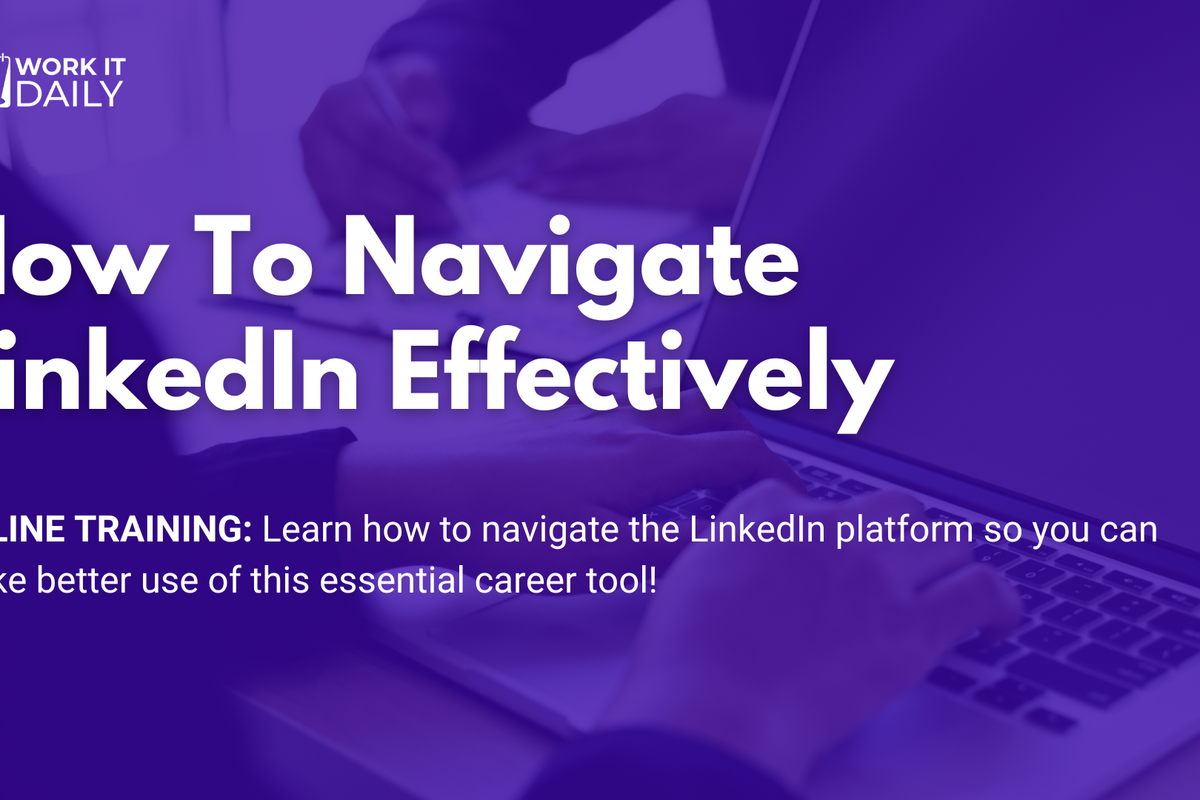
If you’re a job hunter, you have to remember that job interviews are not all the same. Some job interviews not only require you to answer somewhat stressful questions directly from your interviewer, but they can also require you to face a group of co-interviewees and (technically) compete with them by practically standing out among the crowd.
This kind of job interview is (obviously) called a group interview.
If you’re still wondering, “What is a group interview?” you’re not alone. A group interview is just like the traditional job interview with a question and answer portion, and some examinations.
However, what adds more tension to the air is the fact that you have to go toe-to-toe with other job seekers, and force yourself to stand out without disrespecting and interrupting your interviewer and co-interviewees. You have to be both smooth and confident here.
If this is kind of scaring the hell out of you, breathe and just continue reading. After this, you will be as prepared as the ants during rainy season. Here are nine effective ways to stand out in a group job interview:
1. Research Beforehand
It is very important, whether it’s a group interview or a traditional job interview, to do research beforehand. You should know what you need to look for. Just make sure you know something about the company and any other details they can possibly ask you.
Keep in mind, though, that research doesn’t only pertain to Google. Go out and observe, or conduct your own interviews.
2. Arrive 30 Minutes Before The Time And Observe

Don’t just be “on time.” Be there before the assigned time. This way, you can still rest and freshen up a bit. You can also continue on with your research by observing the office, and reading some posters or notes on their bulletin boards. Being early for the interview will do you a lot of good.
3. Prepare A Self-Introduction

Most likely, you will be asked to introduce yourself, especially in a group job interview. To save yourself some time and pressure, compose and memorize fluidly a self-introduction. Give it all your best essay writing prowess. This will certainly come in handy.
Remember, the “first impression lasts” saying is still true.
4. Listen Very Carefully

During a group interview, never let yourself float into nowhere. Always be attentive and alert. Don’t just listen to the questions asked. Listen to your peers’ answers as well. This will help you think and answer better.
5. Answer First Every Once In A While

Make it a point to be the first one to answer your interviewer’s question every once in a while. I repeat, only once in a while. You don’t have to bully the other candidates. But you shouldn’t appear to be too shy and timid, either.
Being the first one to answer without obviously trying to dominate the group interview can help your interviewer’s easy recall and good impression of you as a job candidate.
6. Support Some Co-Interviewees’ Statements

Since you don’t need to be the first one to answer all the questions, try to be kind and supportive of the other candidates’ answers every now and then. This way, you may appear to be a supportive leader and a team player at the same time.
7. Smile And Nod A Lot

While someone else is talking, listen, smile, and nod a lot. It’s a sign of respect and that you are listening intently to them. It’s always better to be noticed because of nodding and smiling than to be all stiff and nervous.
8. Ask Brilliant Questions

As soon as your interviewer asks you if you have any questions in mind, try your best to formulate a good and intelligent one. That’s why, aside from thinking sharply, you also need to listen carefully throughout the course of the interview.
Once you’ve already formulated a question or two, do your best to keep them in mind and wait until your interviewer asks you if you have any. Don’t interrupt him or her.
Brilliant questions will make you notable. It means you’re listening well and you are eager to learn more. That’s why good and intelligent questions are so important.
9. Greet And Thank Your Interviewer And Co-Interviewees

At the end of the group interview, make it a point to thank your interviewer and shake hands with your co-interviewees. This shows you are well-mannered and respectful.
Group job interviews can be terrifying. However, they’re not as bad as they may seem.
Now that you know how to succeed at a group interview, you should already be more confident! Group interviews can even give you the edge that you need more than a traditional job interview can.
So, don’t fear your upcoming group interview! It’s just another opportunity for you to shine and prove that YOU are the best fit for the position!
Need more help with your job search?
We’d love it if you signed up for Work It Daily’s Power Hour Event Subscription! Get your career questions answered in our next live event!
This article was originally published at an earlier date.
